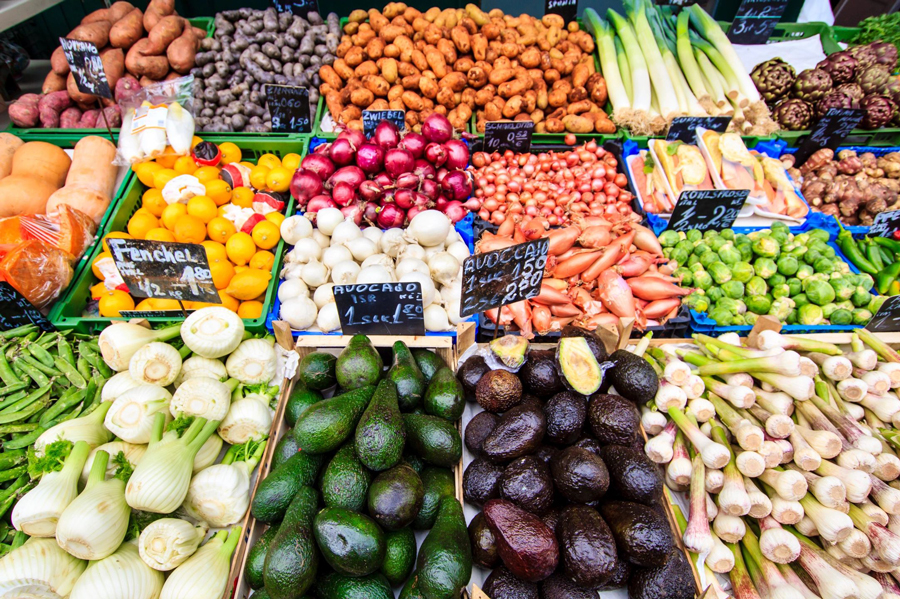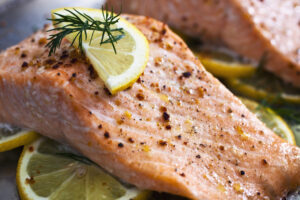With so many types of diets out there, it can be difficult to determine which work and which don’t, or which are healthy and which are not. To help you out, we are providing a multi-part guide to understand the Mediterranean diet, which is recommended by our oncology dietitians. Part 3 of this series will answer some of the most frequently asked questions about the Mediterranean Diet.
If you missed part 2, you can read it here.
Mediterranean Diet Basics
Why is it called Mediterranean?
This is a typical way of eating in the region surrounding the Mediterranean Sea. That includes countries like Spain, France, Italy, Egypt, Morocco and more.
Is it really a “diet” – will I be hungry all the time?
It’s more than a diet, it’s a lifestyle of healthy eating. It features fruit, vegetables, fish, beans, whole grains and other foods that promote good health.
How can I follow the Mediterranean Diet?
The Mediterranean Diet is really easy to follow, and filled with healthy foods that taste great. Here’s a few tips:
- Choose healthy fats like olive oil, nuts, avocados and fish
- Base every meal around fruits, vegetables, whole grains, beans, nuts, herbs and spices
- Choose lean proteins like fish and poultry more often than red meats
- Eat small portions of yogurt and cheese every day
- Drink wine in moderation
Why should I follow the Mediterranean Diet?
Studies have shown that the Mediterranean Diet is linked to lower rates of certain cancers, heart disease, diabetes, obesity, Alzheimer’s disease, and lower blood pressure and cholesterol levels.
Common Myths
“The Mediterranean Diet is just another fad diet.”
Not True. It’s a lifestyle and a sustainable way of eating that promotes good health.
“The Mediterranean Diet is a relatively new way of eating.”
The diet has been studied for more than 60 years. Ancel Keys, researcher and father of the Mediterranean Diet, discovered in the 1940s that people were living longer on the Mediterranean Diet.
“The Mediterranean Diet consists of hard-to-get, foreign foods.”
It actually is filled with foods most of us eat every day like produce, dairy and seafood. The main difference is frequency of consumption of certain foods. Fruits, vegetables and grain are core foods, while sweets and red meats consumed less frequently and in smaller amounts.
“Meats or sweets are not allowed in the Mediterranean Diet.”
You don’t have to cut out your favorite foods, they are allowed in moderation.
“I can eat whatever I want on the Mediterranean Diet.”
All foods have a place on the Mediterranean Diet pyramid, but portion size and frequency are still key.
Looking to incorporate some elements of the Mediterranean diet into your diet?
Try this oncology dietitian-approved Italian Chicken Skillet recipe. For more recipes and info about nutrition services offered at the Community Cancer Center, click here.
Source: Oldways






